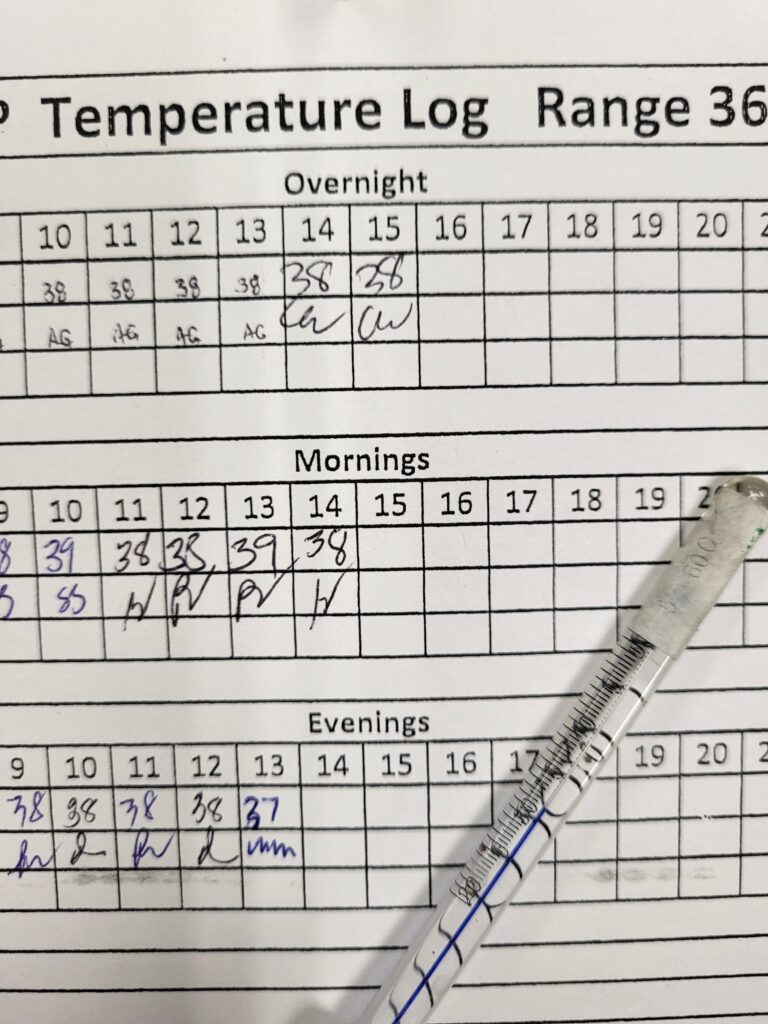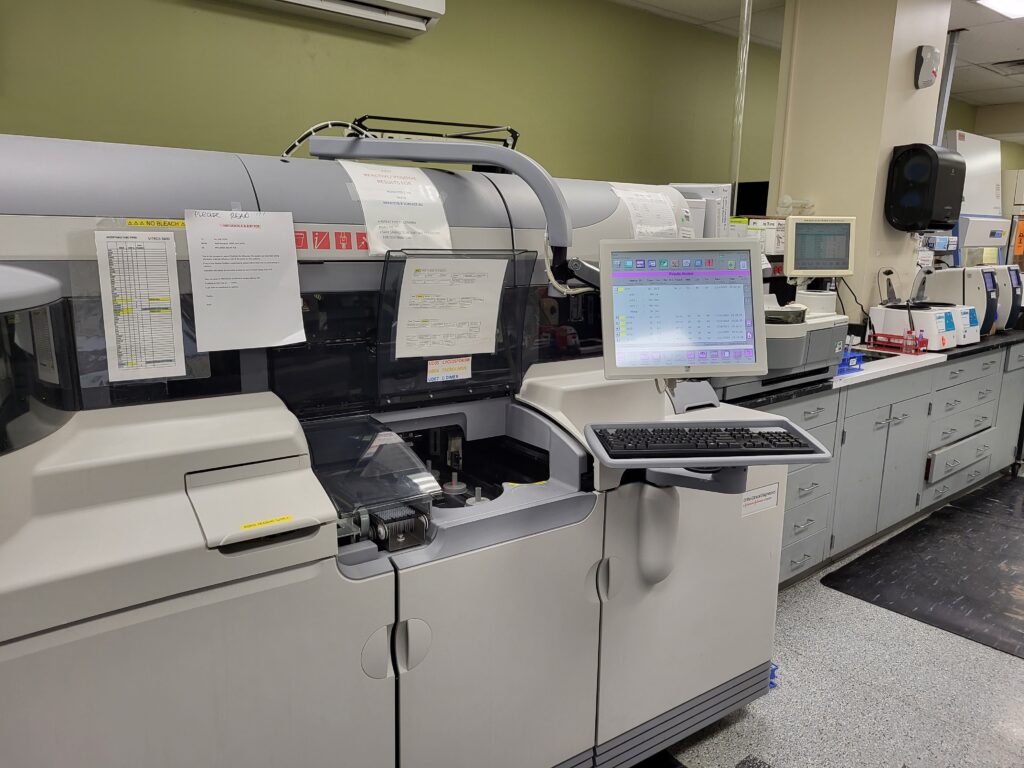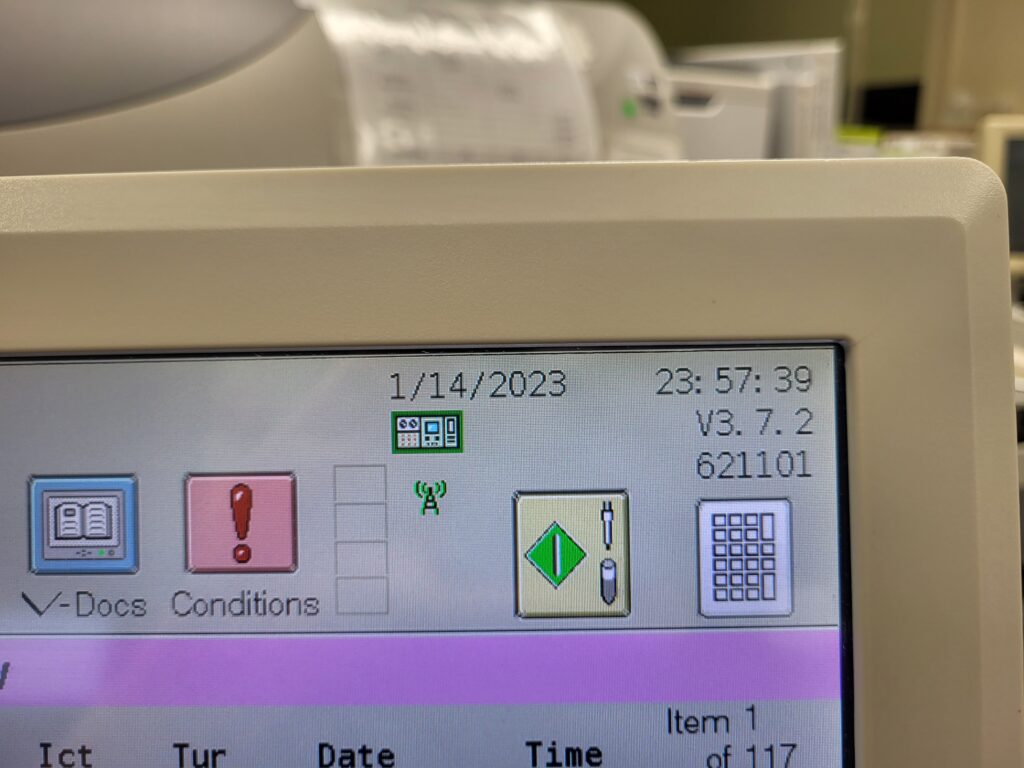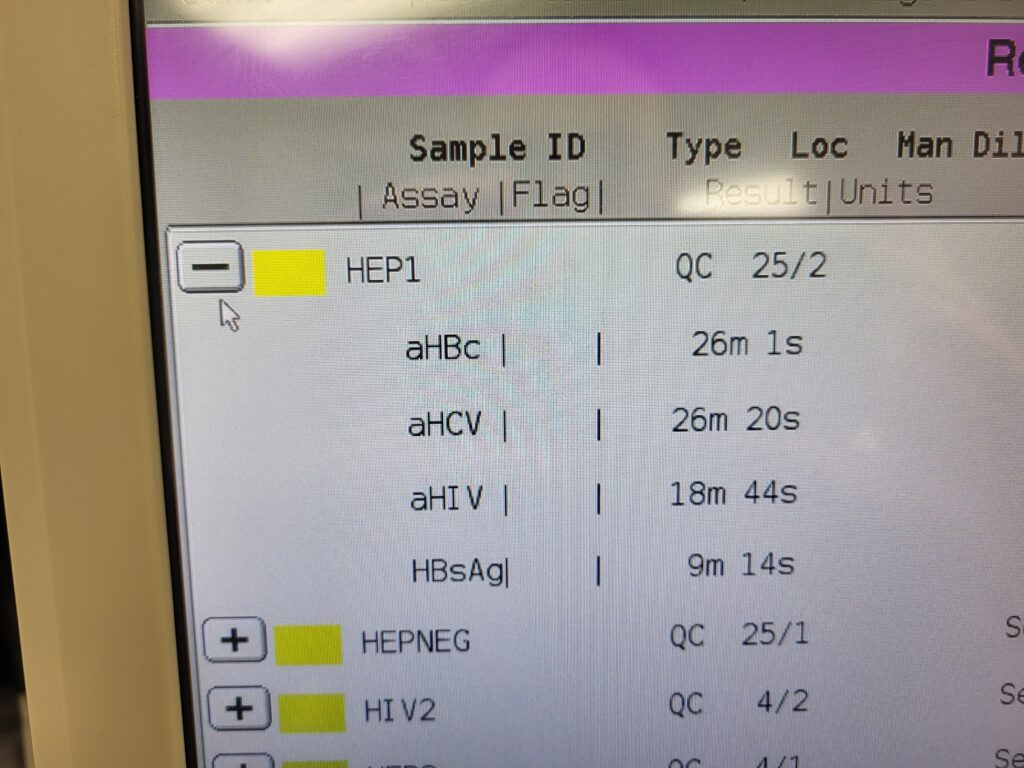“Come to me, all you who are weary and burdened, and I will give you rest.”
Matthew 11:28
We know the verse. And some of us have even accepted “Rest” as the one word we’ll hold on to this year.
But what is rest? More importantly, how do we do it?

Rest is God’s Requirement
Since Christmas, I’ve been struggling to establish boundaries in my life. What should go and what do I keep? What relationships to I hold on to fiercely and which ones can I be more lax about?
Scripture doesn’t give us clear answers on this (darn it!), but God says a lot about how to maintain our soul.
One of those really specific mandatory things is working hard for 6 days and set one day aside to rest in Him.
I am a lab tech and I work weekends overnight at a hospital. Worse, I work from 10pm to 7am on Saturday, which makes it almost impossible to get to church. I’ve powered through some weekends. I’ve slept for two hours, drank 6 cups of coffee and got there by sheer determination.
On the days I manage to go, I feel a whole stronger and more well rested in my soul by being part of God’s family when they meet together, by being acknowledged, prayed over, participating in praise. It’s great.
But is it “rest”?
Is putting my body through that torture honorable to God?
Since you’ll have to trust me on this, I say absolutely not. My mood is irritable, cranky, and over all I’m depressed. Overall, not great.
I’ll also tell you that what is worse than going through the motions is not recognizing God’s test for what it is.

Let’s say I drink the 6 cups of coffee, show up at church — and don’t think a thing about it. Afterwards I’ll nap, or hang out with family, and have been satisfied that “church” has been checked off my list without a care if I took anything away from the sermon … or if I was even paying attention. (Yikes.) I’d be going through the steps, outwardly serving God, but my heart would be far from Him.
Or…
I chug down the 6 cups of coffee and drag my feet through the service — and have a great sense that this is wrong. Not in a regretful way, but in a remorseful way that God deserves more than this. That God made me to do more than to just show up.
This isn’t physical rest. Far from it! But my relationship with God is vibrant and healthy. Hey! We have something to talk about it!!! This is dependence on God, leaning on Him, putting my faith in Him. And that is true rest.
“Remember the Sabbath day by keeping it holy. Six days you shall labor and do all your work, but the seventh day is a sabbath to the Lord your God. “
Exodus 20:8-10
You don’t feel guilty for stopping at a red traffic light
As I mentioned, I work overnight in a hospital. The great thing about work is that boundaries are easy to set up and stick to. I have stuff that I have to get done, and other stuff that has natural limits.
One night, for whatever reason, the tech in the afternoon forgot to check the temperatures around the lab. This isn’t my job. I have my own round to do.

But I filled in the temps for him. Not because I don’t have boundaries, but because I knew it would only take an extra 20 seconds of my time. No problem.
That same night I had a calibration to do on the chemistry analyzer before I ran quality control. No problem, it happens. I can start the quality control afterwards.
But the problem is the website we use to record the quality control (and hence the software that tells me in QC — quality control — is within range or not) goes down for maintenance from 12am to 3am.
Since the QC will be resulted after 12am, I can’t put the results in the website and I can’t result patient samples if they come.
Do I stress out about this? No. Do I feel guilty? Absolutely not. There’s nothing I can do to stop it. It’s beyond my control.
The chemistry analyzer. Ain’t she a beauty?

Whoops. Time’s almost up…

And I still got 26 minutes and 20 seconds to go!

Here, I acknowledging my limits. If a nurse calls, I’ll calmly explain what I’m able to do and not able to do.
(And this is why most patients and nurses are frustrated with lab techs, who “aren’t able” to give them results. Sometimes it just isn’t possible! — but that’s a blog post for another day.)
If I do get a sample, I’ll have to hold off on verifying any patients’ results for hepatitis until after 3am (and that is, if the quality control passed). It’s all I can do.
Limits are like red traffic lights. When you’re stopped at one, it’s for your safety and the safety of other drivers. They might be annoying. You might not like them. But chances are you don’t feel guilty when you pull to a stop at one.
Likewise, don’t feel guilty when you’ve set up a healthy limit to:
- Turn off lights at 9pm — no questions asked.
- Block off 15 minutes in the morning to read the Bible — because the garbage will be there when you’ve finished, the dog won’t starve, the dirty towel left on the bathroom floor the night before won’t be any moldier than it already is.
- Help out with the kids’ ministry — but only once a month, so you have three weeks to fill up on the gospel message and mingle with your church family.
The problem comes when you don’t have limits already established.
Church needs one more person to set up the tables for potluck? You can squeeze it in your Sunday morning. Great! — as long as you didn’t commit to being greeter the same morning.
Your dad called and needs you to call him back ASAP. You opt not to call back yet because you already have your boots on and planned on grabbing groceries, dinner, and your co-workers birthday gift tonight and that stuff really shouldn’t wait until tomorrow — but then you forget to call back when you get home.
The problem isn’t that you didn’t plan margin on Sunday to give an additional hand, nor your lack of ability to multitask when it comes to relationships.
The number one problem is the guilt you suffer with. It isn’t good. And it isn’t godly.
It’s possible to be stopped and not to feel guilty. (Remember the traffic light?)

Saying “no” is tough. I’m the worst at it.
Perhaps you have this monologue in your head too: “She’ll hate me and never ask me to help again.” “I’ll be known as the girl who doesn’t help.” “But God wants me to help, and if I physically can, shouldn’t I?”
But saying no is not only good, it’s critical! It’s a case of self-respect. It’s a matter of understanding what is right and good, and sticking with it.
Suppose you sign up for a fundraiser to walk a 5K, but a week before the event you break your leg. The ground at the fundraiser is uneven and uphill and you’ll be more at risk using crutches along the way than bowing out. Will you feel bad? Probably. Will you even be misunderstood? Maybe.
And you might feel guilty about having a broken leg, but you won’t feel guilty about the broken leg being the reason you can’t participate. It just happened that way. There is nothing you can do about it. Dropping out is for your safety. There’s nothing to feel guilty about and so you won’t be. You have limits and you’re bound to them — as unfortunate as that is! It is what it is. And that’s that.
Service at church, relationships, family obligations — basically everything we take on ourselves from the goodness of our hearts, but hadn’t planned for. These are good things. These are things that need to be done.
But not this instant. And maybe not by you.
Think about it. Pray about it. Notice the red traffic lights and don’t feel guilty when you’re told to halt, for your safety and the safety of others.
You have boundaries … but don’t forget to put up fences!
A circumstance came up at my small group. I am the facilitator and one of the members texted me that she was supposed to bring orange juice for the next brunch, but might be late. Could I bring it?
My immediate reaction was to take it on myself. Because why not? It’s just a few extra minutes to stop at the grocery store. Besides, it’s helping out a sister-in-Christ.
But I’ve been reading the book, “Boundaries” by Cloud and Townsend, and since Christmas I’ve been getting a sense from God that I really need self-care and priorities.
As soon as I put the brakes on (see point above about guilt and red traffic lights), I remembered that this woman had been making a friendship with another woman in our group.
And an idea clicked: What if I have her new friend coordinate with her to pick up the orange juice?
Thankfully, the plan worked. The two talked later that day — probably about more than fresh squeezed or the amount of pulp! — and we enjoyed orange juice at the brunch.
But more than that, I was set free to put my energy into something else, something more important. The rest of that day I spent praying for these two women to make that connection, to pray for both women to be able to attend.
I wouldn’t have done that, wouldn’t have thought to do that if I’d picked up the errand myself.
More than that, I would have lost this golden opportunity to usher in God’s work in these women’s lives.
Through this experience, I realized that fences aren’t bad things. In fact, saying “no” can be a blessing!

As for the previously-mentioned examples above, although I didn’t have time to help with set-up, while I’m greeter I can prayerfully be on the lookout for other members of our church who might be willing to sign-up as set-up for future Sundays. Or I can pray that during the service, God may open someone’s heart to want to serve the community.
When I get out of the way, God can mold my character, my prayer life, my view of my church family — and also use someone else to bless the kingdom!
Although I couldn’t call my dad back that night, I can coordinate a better time when I have more time to listen and have a better discussion.
See? Setting up fences is a means of protection to best serve your lawn, your garden, your property. And also is a better example for your neighbors.
Final Thought
God requires rest. As Jesus said, “The Sabbath was made for man, not man for the Sabbath.” (Mk 2:27) In other words, a time of rest isn’t another list of grueling work to check-off and externally look better. God specifically made a time of rest because our bodies, minds, hearts, and souls operate better when we get it.
We are more fruitful and productive after we’ve had sufficient rest!
Just as you plan activities and appointments, also set a plan for…
- Obedience to God (God’s laws are there for your benefit; listen to Him! Trust Him!)
- Red Lights (what you can say no to because of time, health, space restraints)
- Boundaries with fences (preserve your space while letting others receive the blessing of service)
And when you have rest, your relationship with God and with others has a healthier perspective. When Jesus says, “Come to Me” He tells us to put the work He’d have us do on our back, His priorities (not just anything that comes our way), to work alongside Him. And Jesus promises us rest where it counts, the rest we crave the most.
Additionally, you have the assurance that that the God who calmed the storm and raised the dead and put the stars in the sky hears your cry and that your life is in His mighty hand, through the days of storms and the days of sunshine.
“Do not be anxious about anything, but in everything, by prayer and supplication, present your requests to God. And the peace of God that transcends all understanding will guard your hearts and your minds in Christ Jesus.”
Philippians 4:6-7
Your turn: If you consider today, was there an opportunity where you could have stopped at a red light (without guilt) but took on something that you really shouldn’t have? How could the last few hours been different if you had put a limit and proceeded with only what you had planned to do? How could it have been worse?
Like what you've read? I'm also on Facebook and Twitter!